One of the great wonders and joys of living in Utah is snow!
Looking out my office window, I see a landscape cloaked in a gorgeous white frosting of crystalline sparkles. Growing up in Kentucky, I never experienced such a beautiful winter wonderland – the snow in Kentucky was wet and heavy and fell off trees instantly. Here in Utah, the fluffy white snow highlights and accentuates the beauty of nature and is truly a treat to admire. In celebration of our record setting snowstorm this past week, I thought it timely to discuss the effect snow has on the garden. Turns out, snow can be a benefit, but also detriment, to garden plants – here’s how:
- Pro: Snow provides an insulating effect for plants protecting them from repeated freezing and thawing which is very tough on many perennials. Snow can also help to insulate root crops such as turnips and beets.
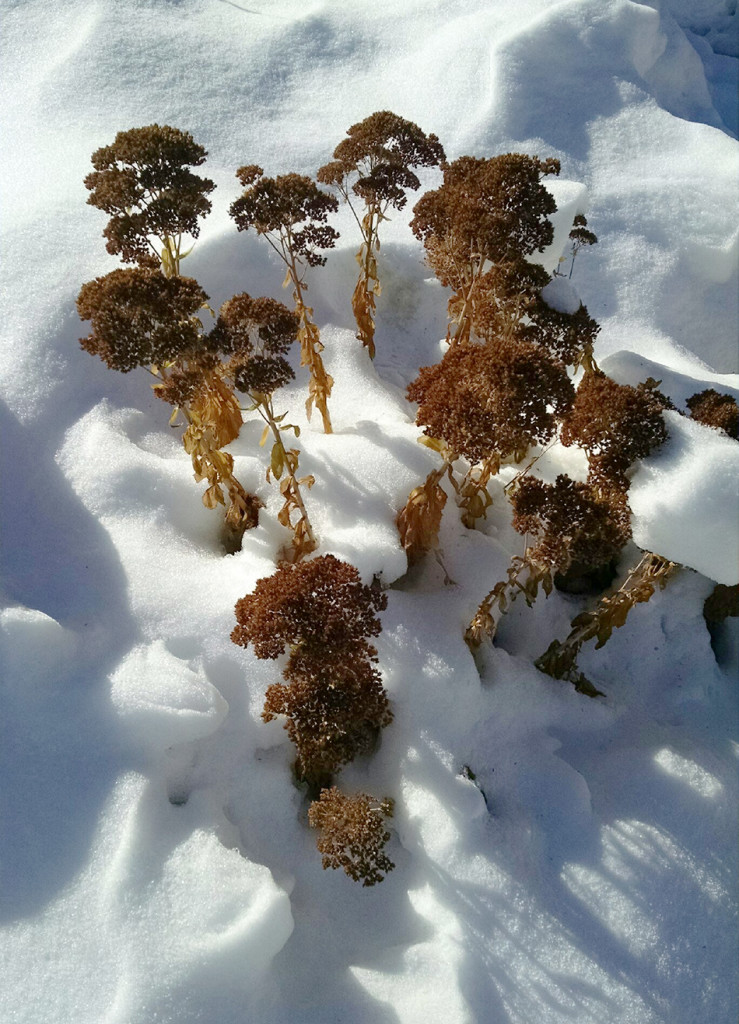
- Pro: Snow provides moisture to perennial plants helping them to survive the cold, and sometimes dry, winter months. As a bonus, soils here in Salt Lake were not frozen prior to the recent storm so this snowstorm in particular provided a timely precipitation event.
- Con: We often apply salt to roadways and sidewalks to keep walking surfaces clear of snow and ice. Salt application can injure plants if the salty water runs-off into surrounding soil or if salty snow is shoveled on top of plants. If you use salt to deice walkways, be cautious of where those salts end up so you do not contribute to salinity problems in your garden soil.
- Pro: On the flip side, snow storms can reduce salinity levels in the garden soils too! Snow is a non-salty moisture source so as it melts, soluble salts can become dissolved in the soil solution and drain down and away from the rooting zone of garden plants.
- Con: As snow lands on tree limbs, it can become heavy and cause weak branches to break or bend. Take a broom and knock snow from the branches of evergreens to relieve excessive weight – also take a look at deciduous trees, like fruit trees, for signs of bending branches.
- Con: Snow makes it more difficult for some species of birds to find food. Remember to spread good cheer to your feathery friends by setting out birdseed and other fine treats!

- Con: Snow indicates freezing temperatures so remember to check water sources of outdoor garden companions, like backyard chickens, on a regular basis to ensure their heated water sources are functioning properly and have not run dry or frozen over.
- Con: Snow causes leaf litter and other garden debris to become waterlogged and soggy so, if you did not get around to cleaning-up the garden this fall, expect a slimy mess come spring.
- Con: A blanket of white can contribute to southwest winter injury on deciduous trees with thin bark. Typically, injury prone specimens are newly planted trees that are very young and hence have not yet developed a protective layer of bark. For more information on southwest winter injury, click on this USU Extension fact sheet.
- Pro: It is finally time to relax because there is not much more you can do in the garden until warm weather returns – unless, of course, you plan to try your hand at season extension techniques like cold frames or high tunnels – you garden nut!
 For more information on snow and cold weather effects on garden plants, check out these two great fact sheets from Oregon State University Extension Service and University of Illinois Extension.
For more information on snow and cold weather effects on garden plants, check out these two great fact sheets from Oregon State University Extension Service and University of Illinois Extension.
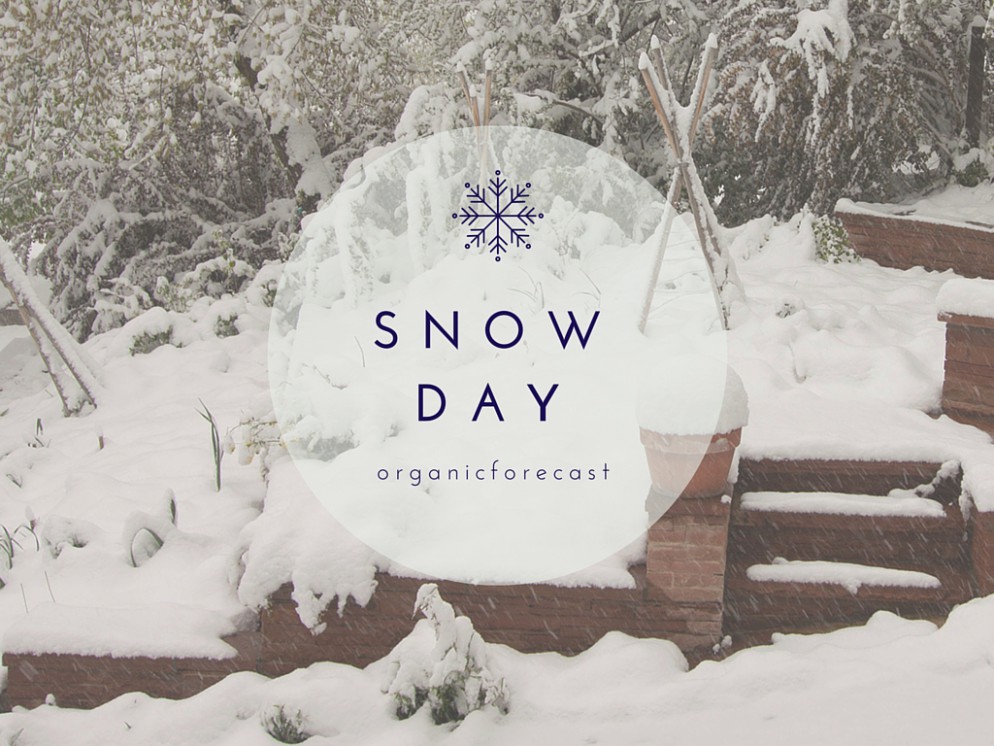
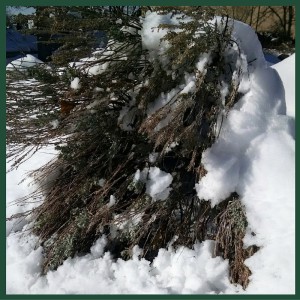


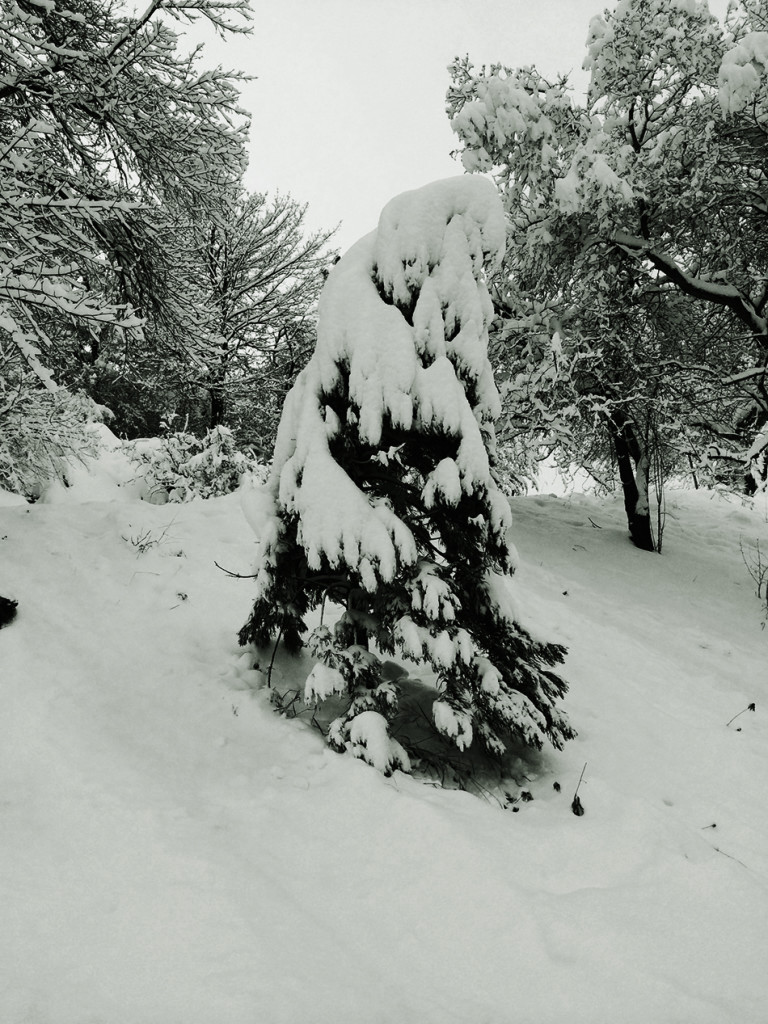
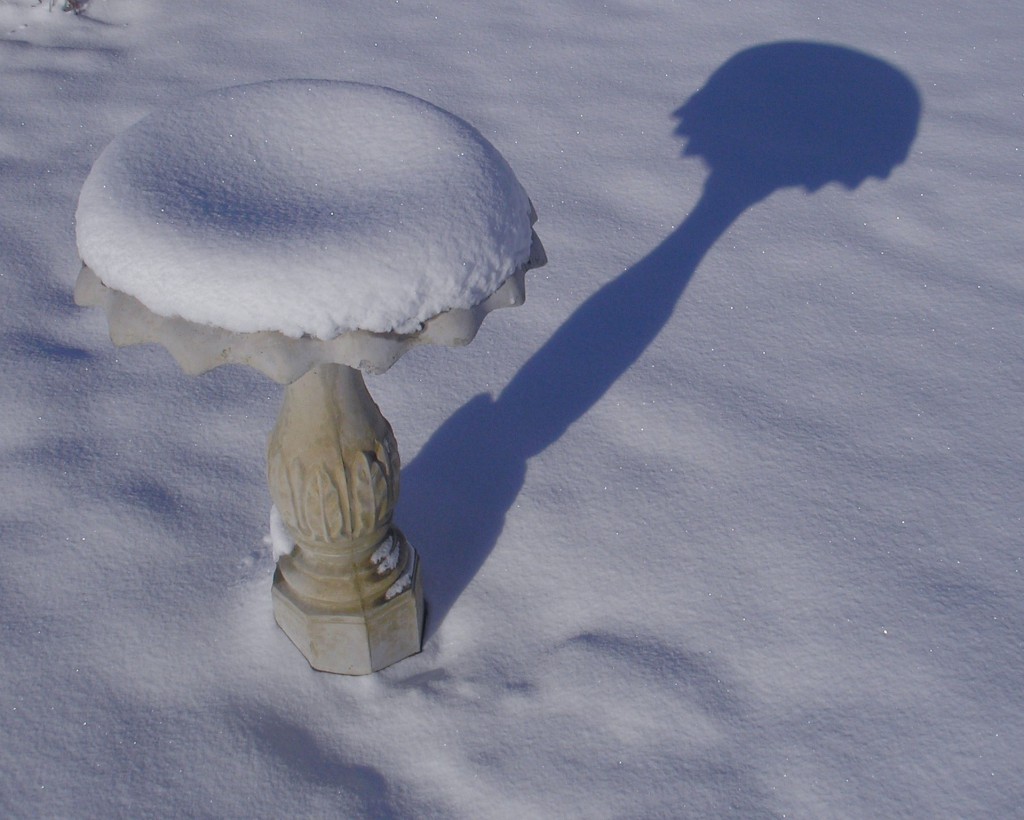


Leave a Reply